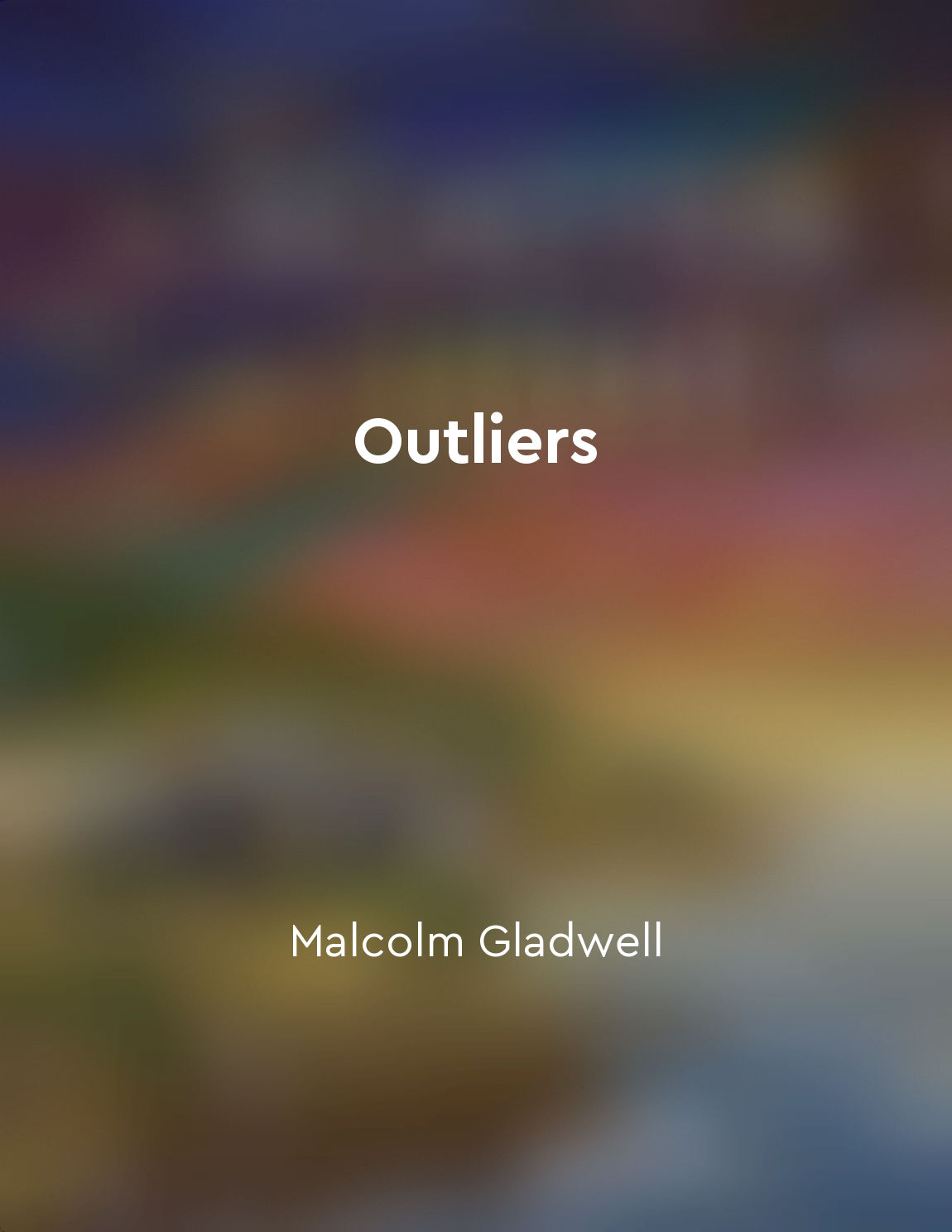Empowering marginalized communities is key to advancing educational justice from "summary" of Race, Class, and Education by Kenneth J. Meier,Joseph Stewart,Robert E. England
The central idea that underpins the pursuit of educational justice is the empowerment of marginalized communities. When we speak of marginalized communities, we are referring to groups of individuals who have historically been excluded from access to quality education due to factors such as race, class, ethnicity, or socioeconomic status. These communities often face systemic barriers that prevent them from fully participating in and benefiting from the educational system. Empowering marginalized communities involves giving them the tools, resources, and support they need to advocate for themselves and effect positive change within the educational system. This can take many forms, such as providing access to educational opportunities, supporting community-led initiatives, and fostering a sense of agency and self-determination among community members. By empowering marginalized communities, we are not only addressing the immediate challenges they face but also working towards a more just and equitable educational system for all. When individuals and communities are empowered to advocate for their rights and demand change, they can challenge existing power structures and create a more inclusive and responsive educational environment. Educational justice cannot be achieved without addressing the root causes of marginalization and inequality within the education system. By focusing on empowerment as a key strategy, we can begin to dismantle these barriers and create a more equitable and just educational system for all. When marginalized communities are given the tools and resources they need to advocate for themselves, they can contribute to a more inclusive and democratic educational system that benefits everyone.Similar Posts
Jammu & Kashmir's future, according to Dr. Ambedkar, was intertwined with India's success
Dr. Ambedkar believed that the future of Jammu & Kashmir was closely linked to the success of India as a nation. In his vision,...
Privileged individuals often overlook systemic issues in their pursuit of change
The powerful, the well-connected, the privileged—these are the ones who often set the agenda for change in our society. They ar...
Sustainable practices are being adopted
The shift towards sustainable practices is evident in various sectors across the globe. This transition signifies a conscious e...

Acknowledging privilege
To be antiracist is also to understand and acknowledge privilege on a personal level. Privilege is not just about being wealthy...
School segregation remains a reality
School segregation remains a reality in the United States, despite efforts to promote integration in schools. While the landmar...

The complexities of language and its impact on opportunities for success
Language is a powerful tool that can open doors to opportunities for success. However, not all individuals have access to the s...

Speaking up is a form of resistance
Speaking up is a form of resistance. It is a way of pushing back against the status quo, against the oppressive systems that se...

The notion of "double consciousness."
The history of the American Negro is the history of this strife, this longing to attain self-conscious manhood, to merge his do...
Poverty affects individuals' health outcomes
Poverty is a significant factor that can have a profound impact on individuals' health outcomes. When individuals lack the fina...
Political leaders must prioritize the needs of the people over profit
Political leaders must be accountable to their citizens, placing the needs and well-being of the people above the pursuit of pr...
